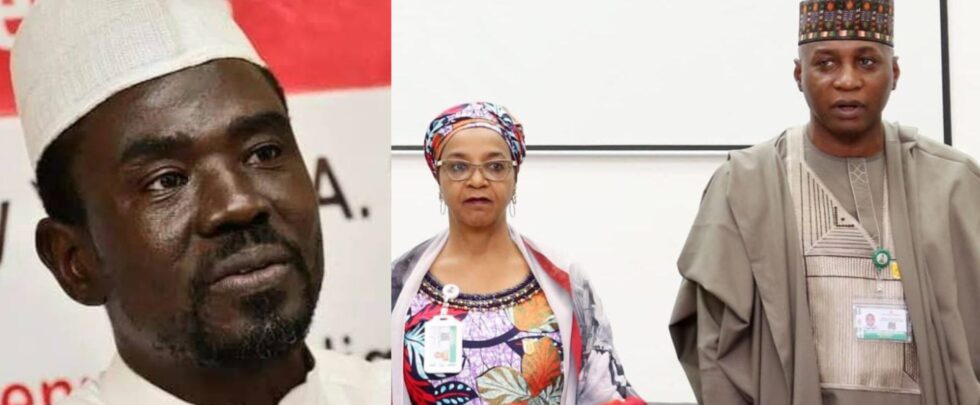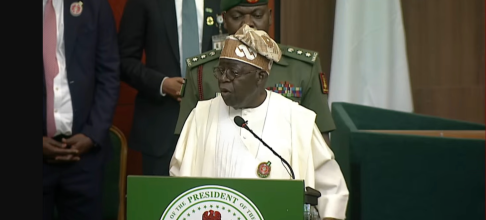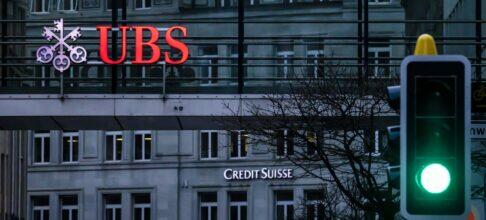
Read Also:
Observers familiar with the course note that NIPSS, which ought to be a bastion of intellectual freedom and policy innovation, appears to have taken a dark turn in this case—moving against a participant in a manner that reeks of institutional intolerance and personal vendetta. Violation of Cybercrime Law The alleged breach also potentially violates multiple sections of Nigeria’s Cybercrime (Prohibition, Prevention, etc.) Act, 2015, particularly Section 24 which criminalises the unlawful interception and access of electronic communications. Shuaib’s petition provides documentary evidence, including the original PRNigeria email and the query where it was unlawfully referenced. He further expressed willingness to cooperate with digital forensic investigations that may reveal the method used by NIPSS officials to access the email—whether by hacking, phishing, insider compromise, or other unlawful means. A Dangerous Precedent This incident raises grave concerns about the abuse of authority within Nigeria’s public institutions. If a high-profile journalist and public communication expert like Shuaib can be treated with such contempt for privacy and due process, what then is the fate of less-known citizens or whistleblowers? The implication goes beyond a single individual. PRNigeria’s editorial integrity and digital safety practices—particularly in national security reporting—now face a potential crisis. Shuaib pointed out that the unlawful access could compromise sensitive sources and derail years of trust built with informants. A Call for Justice In his petition, Shuaib has urged the Nigeria Police Force to interrogate the three senior NIPSS officials involved and identify others who may have aided the breach. More importantly, he called for strict enforcement of the Cybercrime Act to deter future violations by government institutions. “This is not about me alone,” Shuaib wrote. “It is about upholding the rule of law, protecting digital freedoms, and ensuring that no public institution becomes a threat to democracy, transparency, and media independence.” The onus is now on the Nigeria Police and other oversight bodies to rise to the occasion—proving that digital rights violations, even when carried out by powerful institutions, will not go unpunished. Anything less would amount to legitimising impunity in the digital age.
Yushau Shuaib’s ordeal is a sobering reminder that even in a democratic setting, power can be misused under the guise of procedure and discipline. The integrity of Nigeria’s policy institutions and the safety of digital journalism now depend on the courage of authorities to pursue justice without fear or favour.















